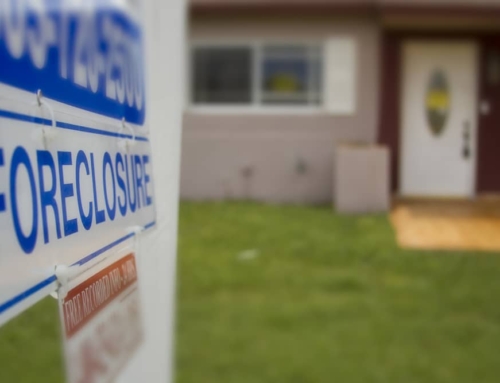Q: I’ve been in escrow for six months because the seller had to evict the tenant that was occupying the home.
The day after the tenant handed over the keys, the house burned down. The fire investigators labeled the fire as arson.
Does the fire void our contract? We still want to purchase the home for a number of reasons including the fact that we will end up with a brand new home. Can the seller back out? Or is he still under contract to fix the home and continue with the sale of the home?
Our contract states that the house must be in move-in condition. Our agent wrote in this clause just in case the tenant did anything to the home. My agent and loan officer says by law the seller cannot back out of the deal but I need to know for sure before proceeding.
What do you think? I am in the process of searching for a good real estate attorney.
A: Most, if not all, real estate contracts have a provision relating to the destruction of a home prior to its sale. In some provisions, the contract will state that the buyer has the option to take an assignment of the insurance proceeds and close on the purchase or can cancel the purchase.
In this instance, if you were to take an assignment of the insurance proceeds, you would want to make sure that you can rebuild a home with the money. If the insurance carried on the home is too low to rebuild the home as it existed, you might just want to walk from the deal and get your money back.
Other contracts, and in general residential real estate contracts, may specify that the Uniform Vendor and Purchaser Risk Act would apply in case of the destruction of the home prior to the close of escrow. If the act applies, the seller can’t compel the buyer to buy the home and the buyer is entitled to get his or her money back.
You will need to look at your contract to determine what it says and which provisions apply in your circumstances. The clause added by your agent doesn’t really apply to these circumstances. Damage done by a tenant due to his living in the home is quite different from the total destruction of the home — even if the tenant might have been the cause of the damage.
Having an attorney review your contract and your options is an important move. Most likely, however, the seller will not have to sell and you will not have to buy.
You and the seller can agree otherwise, but you will have to negotiate the terms of the sale. Keep in mind that your prior lender will probably not close on your purchase. The lender bargained for you to buy an existing and standing home not a piece of land with lots of rubble.
March 14, 2006.






Leave A Comment